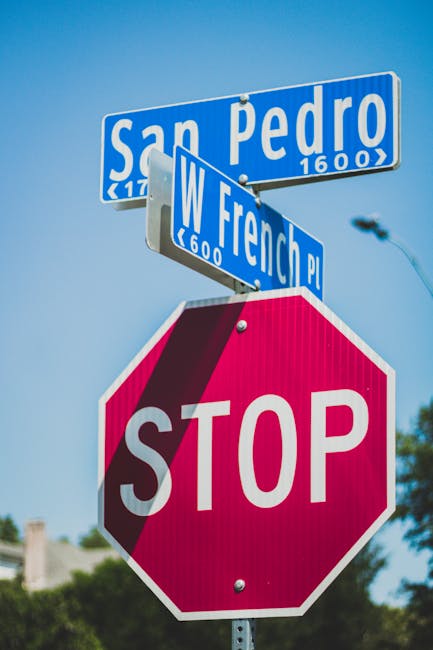Seattle’s Best Places for Urban Farming
Urban farming is more than just a trend; it’s a revolutionary movement that transforms our cities into vibrant, sustainable ecosystems. In Seattle, a city known for its environmental consciousness and community spirit, urban farming is flourishing. Whether you’re a seasoned urban farmer or a curious beginner, Seattle offers numerous opportunities to cultivate fresh produce right in the heart of the city. In this post, we’ll explore Seattle’s best places for urban farming, providing you with essential tips, statistics, and insights to start your own urban garden.
The Rise of Urban Farming in Seattle
Seattle’s commitment to sustainability and green living has made it a hub for urban farming. According to a report by Seattle Public Utilities, urban farming initiatives have grown by over 30% in the last decade. This rise is attributed to community support, city-funded programs, and an increasing awareness of the benefits of locally sourced food.
Community Gardens: The Heart of Urban Farming
Community gardens are the backbone of urban farming in Seattle. They provide a shared space where residents can grow their own fruits, vegetables, and herbs. Notable examples include the Seattle Community Garden, which boasts over 90 garden plots across the city. These gardens not only supply fresh produce but also foster community engagement and education.
Top Urban Farming Locations in Seattle
P-Patch Community Gardens
The P-Patch Program is one of the most renowned urban farming initiatives in Seattle. With over 90 locations throughout the city, P-Patch offers residents the opportunity to lease small plots for gardening. Fun Fact: The P-Patch Program serves more than 3,800 gardeners and produces several tons of food annually. The program also hosts educational workshops, providing valuable skills for aspiring urban farmers.
Beacon Food Forest
Located on a 7-acre plot, the Beacon Food Forest is one of the largest public food forests in the United States. This innovative project combines permaculture principles with community involvement, creating a sustainable model for urban food production. Visitors can explore a diverse range of plants, from fruit trees to edible perennials, and participate in regular volunteer days.
Seattle Tilth Alliance
The Seattle Tilth Alliance focuses on building an equitable and sustainable food system through urban farming. They offer a variety of programs, including garden education, farm tours, and community events. Their Rainier Beach Urban Farm and Wetlands location is a must-visit for those interested in sustainable agriculture practices.
Why Urban Farming Matters: Benefits and Impact
Urban farming offers a multitude of benefits that extend beyond personal health. Here are some key advantages:
- Environmental Impact: Urban farms reduce the carbon footprint by lowering food transportation needs.
- Community Building: Gardening projects bring people together, fostering a sense of community and cooperation.
- Food Security: Urban farms provide access to fresh, nutritious food in areas that may lack grocery stores.
- Economic Benefits: They create jobs and support local economies through the sale of produce and gardening supplies.
Getting Started: Tips for Aspiring Urban Farmers
Starting an urban garden in Seattle can be a rewarding endeavor. Here are some actionable tips to help you get started:
Choose the Right Location
Consider factors like sunlight, water access, and proximity to your home. Most vegetables require at least 6 hours of sunlight a day, so select a spot that meets this requirement.
Select Your Crops Wisely
Opt for crops that thrive in Seattle’s climate. Leafy greens, root vegetables, and herbs are excellent choices for beginners. Additionally, consider planting native species to support local biodiversity.
Use Sustainable Practices
Implement eco-friendly gardening techniques such as composting, rainwater harvesting, and natural pest control. These practices not only benefit the environment but also improve the health of your garden.
Engage with the Community
Join local gardening groups or attend workshops to connect with fellow urban farmers. Sharing knowledge and experiences can enhance your gardening skills and broaden your network.
Conclusion: Cultivating a Greener Seattle
Seattle’s urban farming scene is a testament to the city’s dedication to sustainability and community well-being. From community gardens to innovative food forests, the opportunities for urban farming are vast and varied. By embracing urban farming, Seattleites can contribute to a healthier, more sustainable city while enjoying the personal rewards of growing their own food.
Whether you’re looking to reduce your carbon footprint, improve food security, or simply enjoy the therapeutic benefits of gardening, Seattle’s urban farming opportunities are waiting for you. Get involved today and be part of the movement towards a greener, more resilient city.


